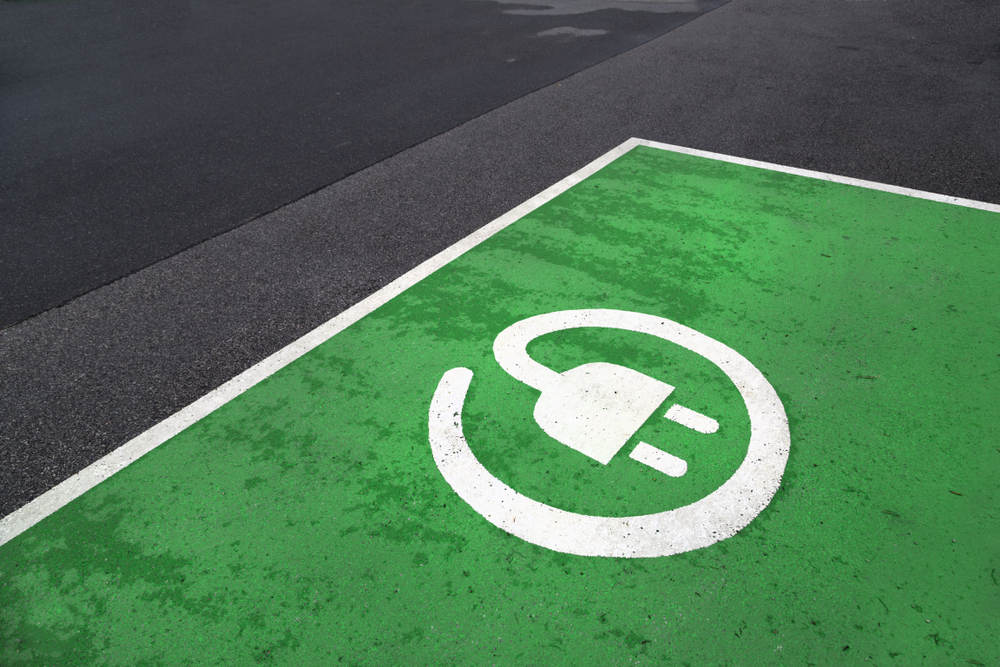Didi Chuxing, China’s largest ride-hailing platform, said on Thursday in a press release that it entered into a strategic partnership with the government of China’s Hainan province and China Southern Power Grid to provide comprehensive EV service solutions, including the expansion of EV charging infrastructure and leasing and sales operations in Hainan.
The island province in China’s tropical South plans to put over 30,000 new-energy vehicles on the road by the end of 2020. These will be supported by a network of over 28,000 charging points, Didi said in this press release.
There were a total of 23,000 electric vehicles in Hainan in 2018, accounting for 1.8% of all vehiclesin the province, according to data disclosed by the local government. By the end of 2018, a total of 4,602 charging poles were in operation in Hainan, with 3,502 open to all models of EVs.
“In this major breakthrough in EV-sector public-private partnership, the parties will contribute their diverse resources to the partnership, including land resources, charging network maintenance capabilities and large-scale demand base from fleet operations,” said Didi, which claims to be the world’s largest new-energy fleet operator with over 600,000 EVs running on its platform.
Taking this partnership and engaging the Hainan government seems to be the logical next step for Didi’s newly-established strategic ties with China Southern Power Grid as they look to roll out on-demand EV charging and automobile services across South and Southwest China.
Under this partnership, the grid operator’s charging network will be connected to Didi’s open auto-solutions platform, allowing their mutual customer bases to access charging spots through Didi apps.
China Southern Power Grid’s EV charging network now connects over 100,000 charging points across Guangdong, Guangxi, Yunnan, Guizhou, and Hainan.
Hainan: first with a plan to phase out fossil fuel cars
Improving air quality by making all vehicles meet zero-emissions standards is still a dream for many countries in the world such as Norway, Britain, France and China.
China has been developing a long-term plan of phasing out all fossil fuel vehicles but has yet set a timetable to do so nationwide.
Hainan is the first Chinese province in China to set the year 2030 as the deadline for the sale of fossil fuel cars. By then all vehicles running on the province’s roads will be new energy models, said Shen Xiaoming, president of the Hainan provincial government, during the Boao Forum held in April.
The province, which has been slated by the State Council to be developed into a world-class tourist attraction by 2020, is also keen to follow the central government’s directive to deploy more charging facilities for new energy vehicles.
In March, the Chinese government decided to slash central government subsidies for new energy vehicles by an average of 50% and stopped all local governments from granting any further subsidies to such vehicle buyers.
The central government did, however, encourage the building of more charging facilities to help the industry develop. Before this, most charging facilities were built by individual companies who saw this as a market opportunity like TGood, Star Charge, and iCharge, grid operators or EV makers such as Nio.
